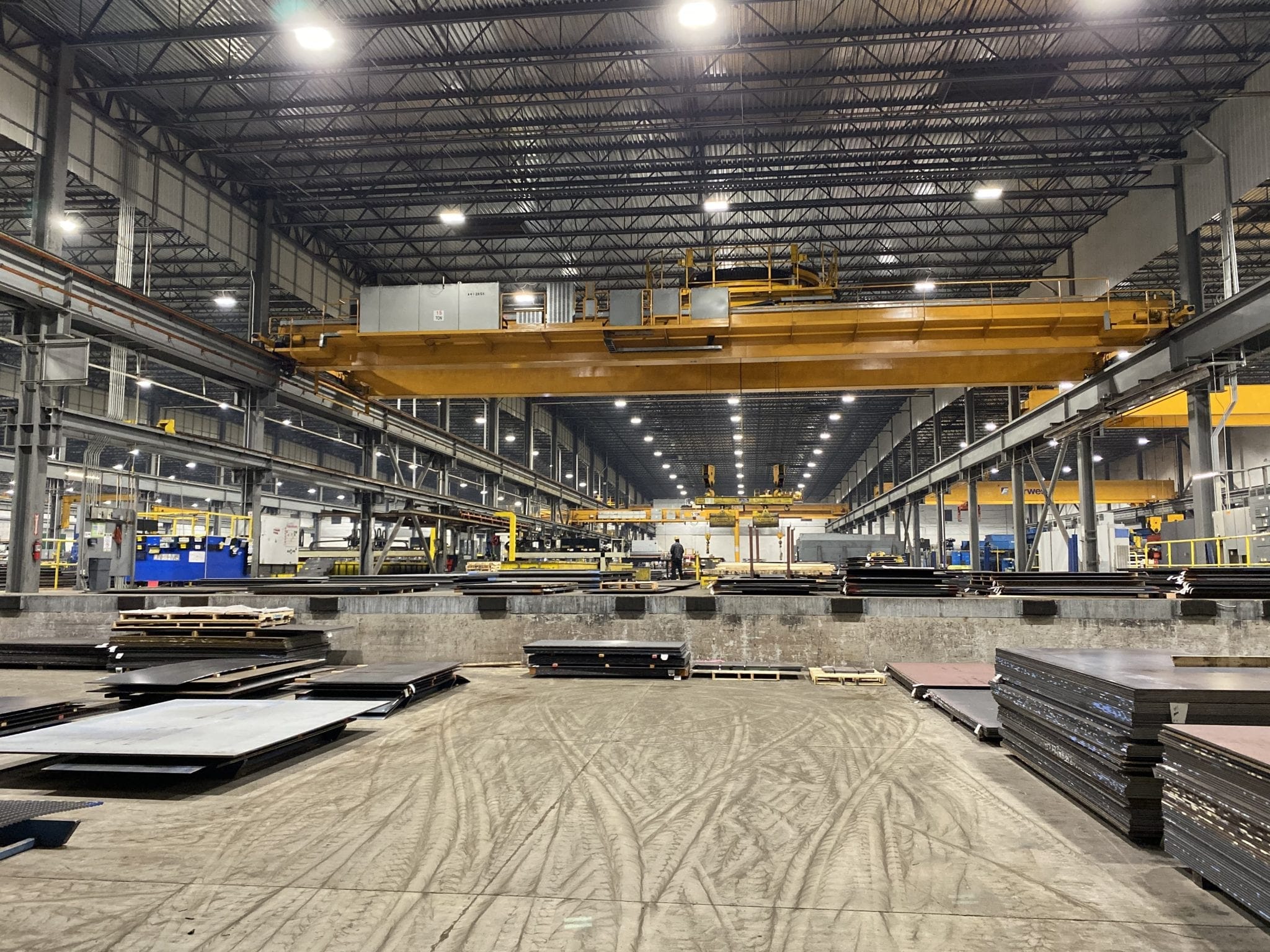In a significant legal move, US Steel and Nippon Steel have initiated a lawsuit against the Biden administration in response to the recent decision to block their proposed merger. The merger, which was anticipated to create one of the largest steel producers globally, has been met with considerable scrutiny from federal regulators who argue that it would lead to reduced competition and potentially harmful monopolistic practices within the steel industry.
The proposed merger was initially announced with the intention of combining resources and capabilities to better compete in an increasingly globalized market. US Steel, a longstanding American steel manufacturer, and Nippon Steel, a leading Japanese steel producer, contended that the merger would allow them to leverage their combined strengths to innovate and enhance production efficiency. They argued that this would ultimately benefit consumers by lowering costs and improving product offerings.
However, the Biden administration’s antitrust officials have expressed concerns that the merger could significantly diminish competition in the steel market. They argue that the consolidation of two major players could lead to higher prices for consumers and limit choices in the marketplace. The administration’s position reflects a broader commitment to maintaining competitive markets and preventing monopolistic behavior, which has been a focal point of economic policy under the current administration.
In their lawsuit, US Steel and Nippon Steel assert that the government’s decision to block the merger is not only unfounded but also detrimental to the companies’ ability to compete effectively on a global scale. They argue that the merger would provide them with the necessary resources to invest in new technologies and production methods, thereby enhancing their competitiveness against other international steel producers, particularly those from countries with less stringent regulatory environments.
The legal challenge underscores the growing tensions between corporate consolidation efforts and regulatory oversight. As industries continue to evolve and face pressures from global competition, the balance between fostering a competitive environment and allowing companies to grow through mergers and acquisitions remains a contentious issue. The outcome of this lawsuit could set a precedent for future mergers in not only the steel industry but also other sectors facing similar scrutiny.
In recent years, the Biden administration has taken a more aggressive stance on antitrust enforcement, seeking to curb the power of large corporations and ensure that markets remain competitive. This has included blocking several high-profile mergers and acquisitions across various industries, reflecting a shift in regulatory philosophy aimed at promoting fair competition and protecting consumer interests.
The lawsuit filed by US Steel and Nippon Steel is likely to draw significant attention from industry stakeholders, legal experts, and policymakers. As the case unfolds, it will provide insights into how the courts interpret antitrust laws and the extent to which the government can intervene in corporate mergers. The proceedings will also highlight the complexities of balancing economic growth through consolidation against the need for a competitive marketplace that benefits consumers.
Both companies have expressed confidence in their legal arguments and the merits of their proposed merger. They believe that the combination of their operations would not only enhance their competitive position but also contribute positively to the steel industry as a whole. The companies have committed to working closely with regulators to address any concerns and demonstrate the potential benefits of the merger.
As the lawsuit progresses, it will be crucial to monitor the implications for the steel industry and the broader economic landscape. The resolution of this case may influence future merger proposals and shape the regulatory environment in which companies operate. Stakeholders will be watching closely to see how the court balances the interests of corporate growth with the need for competition, potentially impacting the dynamics of the steel market and beyond.
In conclusion, the legal battle between US Steel, Nippon Steel, and the Biden administration over the blocked merger represents a critical juncture in the ongoing dialogue about corporate consolidation and antitrust enforcement in the United States. The outcome could have far-reaching implications for the steel industry and serve as a bellwether for future mergers in other sectors.



